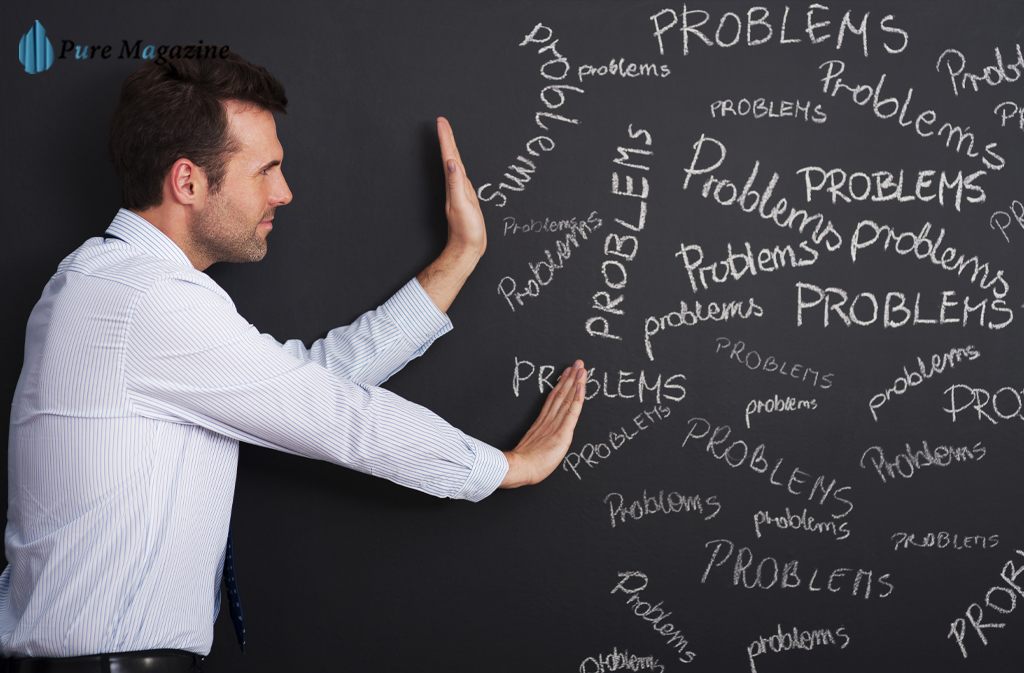When people look for critical thinking exercises, they usually want simple activities that improve problem-solving skills. These exercises are not just for students; they are helpful for professionals, parents, and even children. By practicing them, anyone can develop a sharper mind and make better decisions.
In today’s fast-moving world, the ability to think clearly is more important than ever. Since information comes from many directions, it is easy to get confused. Critical thinking exercises help filter this information, allowing us to focus on facts and make choices with confidence.
Why Critical Thinking Exercises Matter
One major reason these exercises matter is because they build strong decision-making skills. Instead of reacting quickly, critical thinking allows you to pause, analyze the situation, and choose wisely. This skill can be used at school, work, or even in daily life.
Another reason is that they improve problem-solving. Life is full of unexpected challenges, and critical thinking exercises train your brain to handle them. With practice, you can look at a problem from different angles and find the best solution instead of the easiest one.
Simple Critical Thinking Exercises for Daily Use
A very effective exercise is asking “why” five times. When faced with a problem, ask why it happened, then ask why again until you reach the root cause. This simple habit strengthens your ability to look deeper into issues instead of stopping at the surface.
Another useful activity is comparing pros and cons. Write down the advantages and disadvantages of a decision before acting. By laying out the facts, you reduce emotional bias and make clearer choices. Both of these exercises can easily be added into your daily routine.
Group-Based Critical Thinking Exercises
Working with others can make these exercises more powerful. For example, group debates allow people to share ideas and challenge each other respectfully. When you listen to different viewpoints, you learn how to think more broadly and avoid narrow thinking.
Another group activity is problem-solving games. Games like escape rooms or logic puzzles require teamwork, reasoning, and creativity. They help improve collaboration while also training the mind to work under pressure.
Critical Thinking Exercises for Students
For students, these exercises are especially important because they build lifelong skills. One popular exercise is analyzing stories. After reading, students can ask what the main idea was, what the author wanted to say, and whether they agree or disagree. This builds comprehension and independent thought.
Another exercise is project-based learning. Instead of memorizing answers, students research real problems and present solutions. This hands-on approach makes learning active and helps them connect lessons to real life.
Critical Thinking Exercises for Professionals
In the workplace, critical thinking is key for making strategic choices. One great exercise is case study analysis. By studying past successes and failures, professionals can learn how to apply those lessons in their own field.
Brainstorming sessions also serve as excellent exercises. When teams openly share ideas, they explore different solutions. This process encourages creativity, but also teaches professionals how to evaluate options logically before deciding.
Challenges in Practicing Critical Thinking
While these exercises are very useful, there are challenges to keep in mind. One difficulty is bias. People often make decisions based on emotions or habits without realizing it. Critical thinking exercises help reduce this bias, but it takes effort and self-awareness.
Another challenge is patience. In a world that values speed, taking extra time to think may feel slow. However, the extra minutes spent analyzing a problem often save hours of fixing mistakes later. This is why consistent practice is so important.
How to Build a Habit with Critical Thinking Exercises
To make these exercises effective, they must become a habit. Start small by practicing one or two activities daily, like asking “why” or listing pros and cons. Over time, they will become second nature.
It also helps to set reminders. Writing down problems in a journal or discussing them with friends can make the exercises more regular. The more consistent the practice, the stronger your critical thinking skills will become.
Conclusion
In conclusion, critical thinking exercises are simple yet powerful ways to strengthen the mind. They help people improve decision-making, solve problems effectively, and approach challenges with confidence. Whether practiced alone or in groups, they can bring lasting benefits in both personal and professional life.
Although challenges like bias and impatience exist, consistent practice makes these exercises highly effective. By making them a daily habit, anyone can build stronger reasoning skills and prepare for success in today’s complex world.

FAQs
Q1: What are critical thinking exercises?
They are activities designed to improve problem-solving, reasoning, and decision-making skills.
Q2: Who can use these exercises?
Anyone—students, professionals, or individuals—can benefit from practicing them.
Q3: How often should I do them?
Practicing daily, even for a few minutes, is enough to build strong habits over time.
Q4: Are group activities useful?
Yes, group debates and problem-solving games are very effective for building teamwork and critical thinking together.
Q5: Can children practice these exercises?
Absolutely. Simple activities like story analysis or asking questions can help children think more deeply.
Visit our website: Pure Magazine


